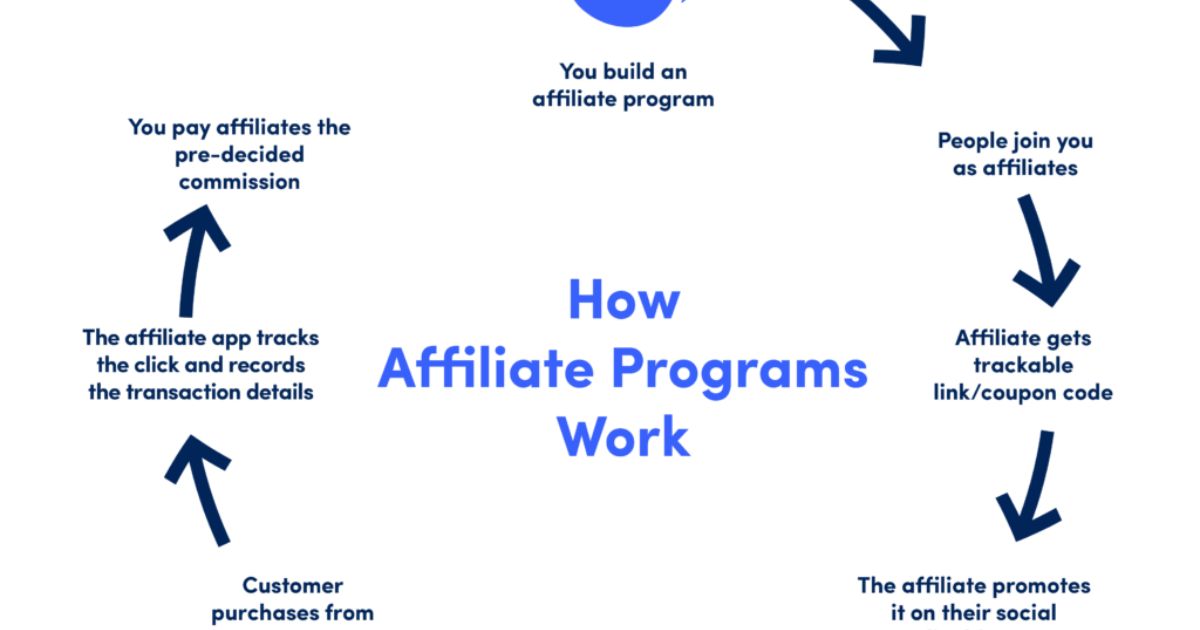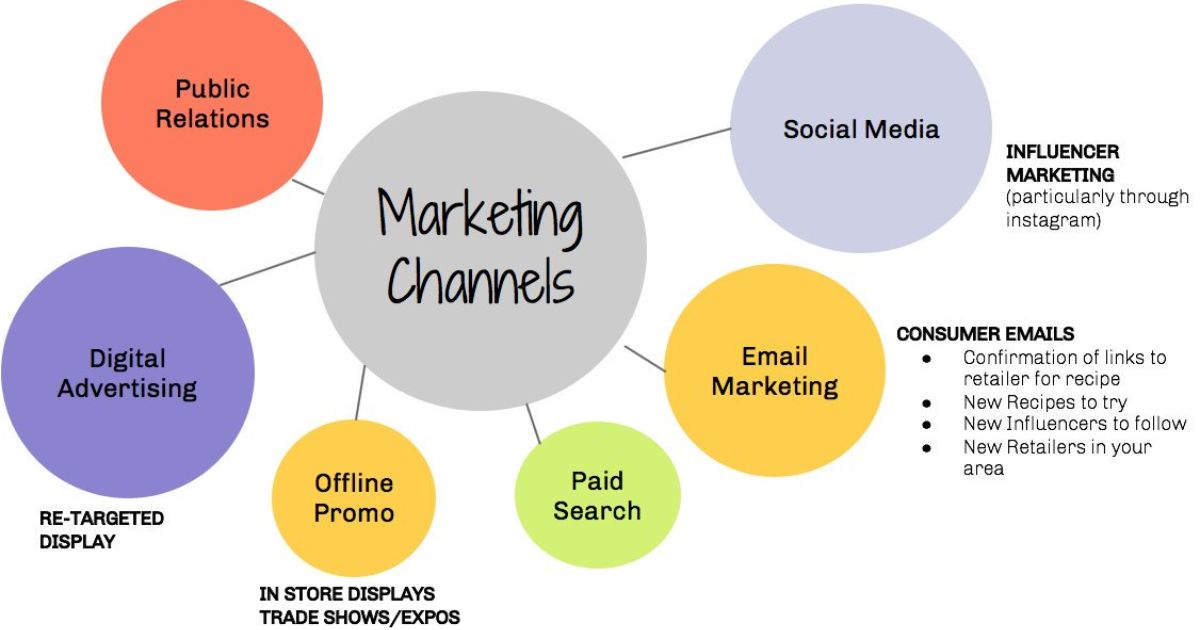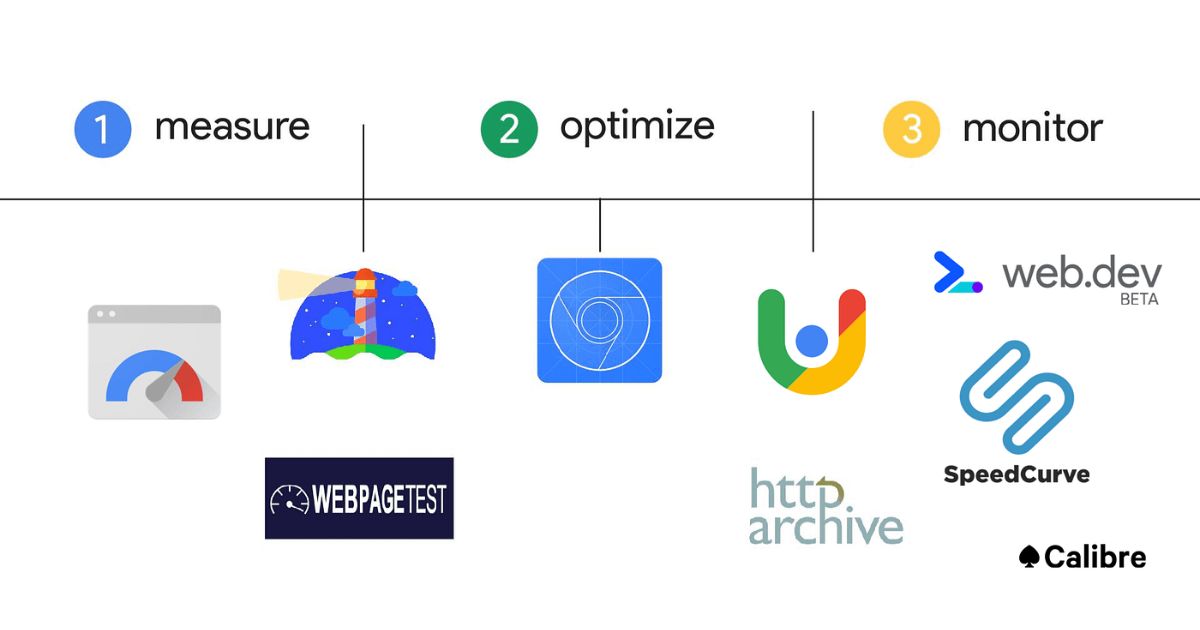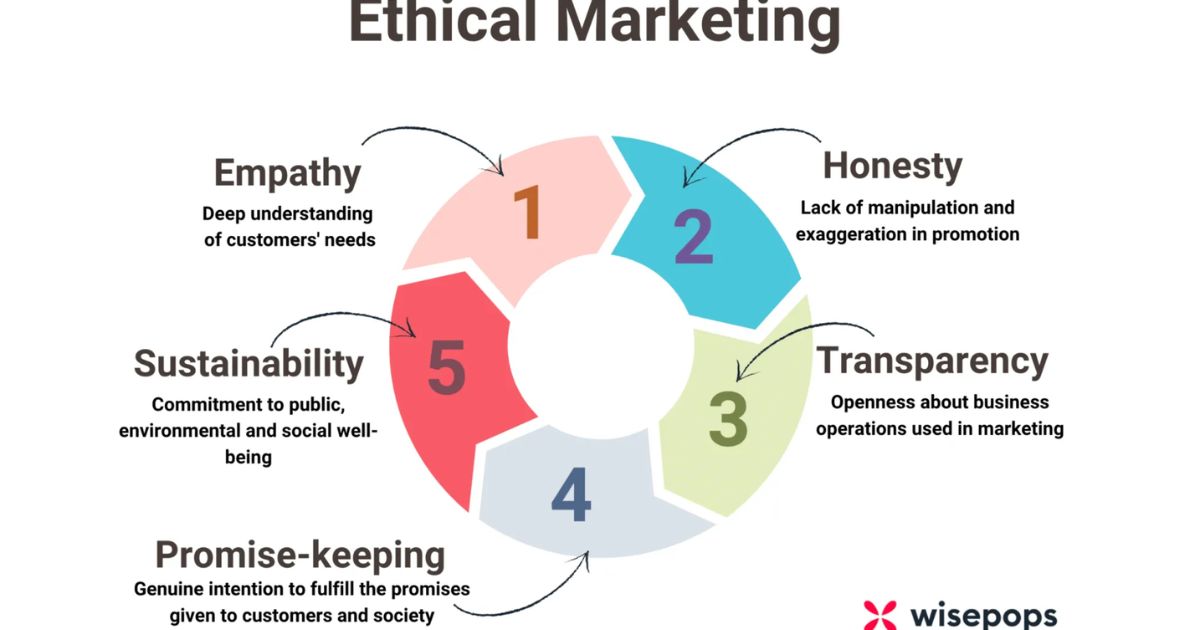Affiliate programs are partnerships between businesses and individuals (affiliates) who promote the company’s products or services. Affiliates earn a commission for each sale, lead, or action generated through their marketing efforts, typically tracked via unique referral links. This model benefits businesses by expanding their reach and driving sales through a cost-effective channel, while affiliates gain a potential revenue stream by leveraging their audience and influence. It’s a symbiotic relationship that enables both parties to achieve their financial and promotional goals.
Affiliate Program operate on a performance-based model, meaning affiliates are compensated based on the specific outcomes they deliver, such as sales, leads, clicks, or downloads. The commissions can vary widely depending on the industry, product type, and the terms of the affiliate program, with some offering a percentage of the sale and others a fixed amount per action.
To join an affiliate program, influencers typically need to apply through an affiliate network or directly with the company. Once approved, they receive unique tracking links or codes to share with their audience through various channels like blogs, social media, or email newsletters. Effective promotion strategies include creating engaging content, honest reviews, and utilizing SEO to attract targeted traffic.
Businesses benefit from affiliate programs by tapping into new markets and audiences without upfront advertising costs. This cost-effective marketing strategy allows companies to pay only for actual results, reducing financial risk and maximizing return on investment. Overall, affiliate programs foster a mutually beneficial ecosystem where both affiliates and businesses can thrive through collaborative marketing efforts.
Understanding Affiliate Programs
Affiliate marketing is a type of performance-based marketing where businesses reward affiliates for each customer brought to the company through the affiliate’s marketing efforts. In simpler terms, it’s a way for you to earn a commission by promoting other people’s (or company’s) products.
The process typically works as follows:
- You find a product you like and join its affiliate program.
- You receive a unique link to promote the product.
- You share that link on your blog, social media, or other platforms.
- When someone clicks through your link and makes a purchase, you earn a commission.
How Affiliate Programs Work
Affiliate programs are run with the aid of groups trying to make bigger their reach through partnerships with content creators and influencers. while you be part of an affiliate application, you are given get right of entry to to big links, banners, or promo codes which might be unique to you. those permit the agency to song which sales came from your promotional efforts.
Most associate applications operate on a remaining-click on attribution version, that means the final associate link a purchaser clicks earlier than creating a purchase gets credit for the sale. however, some applications use unique models, together with first-click attribution or multi-contact attribution.
Types of Affiliate Programs
For Content Creator And Programs
There are several types of affiliate programs, each with its own payment structure:
Pay-per-sale: The most common type, where you earn a percentage of the sale price when someone purchases through your link.
Pay-per-lead: You get paid a fixed amount when someone signs up for a free trial, newsletter, or other lead-generating action.
Pay-per-click: Less common, this model pays you based on the number of visitors you send to the merchant’s website.
Benefits of Affiliate Marketing
Affiliate marketing offers numerous advantages for content creators and influencers:
Passive Income: Once you’ve created content with affiliate links, it can continue to generate income over time.
Low Startup Costs: Unlike many business models, affiliate marketing requires minimal upfront investment.
Flexibility: You can choose products and programs that align with your niche and values.
No Customer Service: You’re not responsible for product fulfillment or customer support.
Performance-Based: Your earning potential is directly tied to your efforts and the quality of your content.
For Businesses
Businesses also benefit significantly from affiliate marketing:
Cost-Effective: Companies only pay for results, making it a low-risk marketing strategy.
Expanded Reach: Affiliates help businesses access new audiences and markets.
Increased Trust: Recommendations from trusted content creators can be more effective than traditional advertising.
Improved SEO: Backlinks from affiliates can boost a company’s search engine rankings.
Choosing the Right Affiliate Programs
Selecting the right affiliate programs is crucial for your success. Here are some factors to consider:
Evaluating Program Quality
Reputation: Research the company and read reviews from other affiliates.
Support: Look for programs that offer good support, training, and resources.
Payment Terms: Understand how and when you’ll be paid, and what the minimum payout threshold is.
Relevance to Your Audience
Choose products and services that align with your audience’s interests and needs. The more relevant the offerings, the more likely your audience is to convert.
Commission Structures
Compare commission rates across different programs. However, don’t solely focus on the highest rates – consider the product’s price point and how likely your audience is to purchase.
Cookie Duration and Attribution
Longer cookie durations give you a better chance of earning commissions. Some programs offer 30-day cookies, while others might extend to 90 days or even lifetime cookies.
Building Your Affiliate Marketing Strategy
Identifying Your Niche and Target Audience
Success in affiliate marketing often comes from focusing on a specific niche. This allows you to:
- Become an expert in your field
- Build a dedicated audience
- Choose highly relevant affiliate products
Understand your target audience’s demographics, interests, and pain points. This knowledge will guide your content creation and product selection.
Creating Valuable Content
The key to successful affiliate marketing is providing value to your audience. Focus on creating high-quality content that:
- Addresses your audience’s needs and questions
- Provides honest and helpful information
- Naturally incorporates affiliate promotions without being overly salesy
Diversifying Your Platforms
Don’t put all your eggs in one basket. Consider using multiple platforms to reach your audience:
- Blog or website
- YouTube channel
- Social media platforms (Instagram, TikTok, Twitter, etc.)
- Podcast
- Email newsletter
Each platform has its strengths, and diversifying can help you reach a wider audience and create multiple income streams.
Transparency and Disclosure
Always be transparent about your affiliate relationships. This is not only an ethical requirement but also a legal one in many jurisdictions. Clearly disclose when your content contains affiliate links. This honesty can actually build trust with your audience.
Effective Affiliate Marketing Techniques
Product Reviews and Comparisons
Detailed, honest product reviews are a cornerstone of successful affiliate marketing. They provide value to your audience and can drive conversions. Consider:
- Highlighting both pros and cons of products
- Comparing similar products to help your audience make informed decisions
- Using personal experiences and anecdotes to make reviews more relatable
Tutorial and How-To Content
Creating tutorials or how-to guides that incorporate affiliate products can be highly effective. This type of content:
- Provides clear value to your audience
- Demonstrates the product in action
- Can have a long lifespan, generating passive income over time
Resource Pages and Gift Guides
Curated lists of recommended products or services can be powerful affiliate marketing tools. Examples include:
- “Best Products for X” roundups
- Seasonal gift guides
- Resource pages with your top tool recommendations
Email Marketing
Don’t underestimate the power of email marketing in your affiliate strategy. Build an email list and use it to:
- Share exclusive deals and promotions
- Provide valuable content with subtle affiliate promotions
- Nurture relationships with your audience over time
Social Media Strategies
Each social media platform offers unique opportunities for affiliate marketing:
Instagram: Use stories and posts to showcase products in real-life situations
Pinterest: Create boards with affiliate products and link directly to merchant sites
YouTube: Incorporate affiliate links in video descriptions and mention products in your content
TikTok: Create short, engaging videos demonstrating affiliate products
Tools and Technologies for Affiliate Marketers
Affiliate Networks and Platforms
Joining affiliate networks can simplify the process of finding and managing multiple affiliate programs. Popular networks include:
- Amazon Associates
- ShareASale
- CJ Affiliate
- Rakuten Marketing
These platforms provide a centralized dashboard for tracking your performance across different programs.
Link Management and Tracking Tools
Use link management tools to organize and track your affiliate links. Popular options include:
- Pretty Links
- Thirsty Affiliates
- Genius Link
These tools allow you to create short, branded links and track click-through rates.
Analytics and Reporting Software
Utilize analytics tools to understand your audience and improve your performance:
Google Analytics: Track website traffic and user behavior
Social media analytics: Understand engagement on different platforms
Affiliate program dashboards: Monitor your earnings and conversion rates
Read More:
Is Youtube More Popular Than Tiktok
Measuring and Optimizing Performance
Key Performance Indicators (KPIs)
Track these KPIs to gauge the success of your affiliate marketing efforts:
- Click-through rate (CTR)
- Conversion rate
- Average order value
- Total revenue
- Return on investment (ROI)
A/B Testing and Conversion Rate Optimization
Continuously test and optimize your affiliate marketing strategies:
- Try different call-to-action phrases
- Experiment with the placement of affiliate links
- Test various content formats (e.g., video vs. text reviews)
Analyzing Traffic Sources and User Behavior
Use analytics to understand where your traffic is coming from and how users interact with your content. This can help you focus your efforts on the most effective channels and optimize your user experience.
Scaling Your Affiliate Marketing Efforts
Expanding Your Product Portfolio
As you grow, consider diversifying the products and services you promote. This can help you:
- Appeal to a wider audience
- Increase your income potential
- Reduce reliance on any single affiliate program
Building Relationships with Merchants
Develop strong relationships with the merchants you promote. This can lead to:
- Exclusive deals for your audience
- Higher commission rates
- Early access to new products or promotions
Hiring a Team and Outsourcing
As your affiliate business grows, consider:
- Hiring writers to produce more content
- Engaging a virtual assistant to handle administrative tasks
- Working with a web developer to optimize your site
Legal and Ethical Considerations
FTC Guidelines and Disclosures
In the United States, the Federal Trade Commission (FTC) requires clear disclosure of affiliate relationships. Always:
- Clearly state when content contains affiliate links
- Make disclosures conspicuous and easy to understand
- Avoid deceptive practices or false claims
Avoiding Spam and Misleading Practices
Maintain the integrity of your brand by:
- Avoiding excessive promotion or spam tactics
- Only promoting products you genuinely believe in
- Being honest about the pros and cons of affiliate products
Data Privacy and Security
Respect your audience’s privacy and comply with data protection regulations:
- Implement secure handling of any collected user data
- Be transparent about your data collection and use practices
- Comply with regulations like GDPR if you have an international audience
Challenges in Affiliate Marketing and How to Overcome Them
Intense Competition
The affiliate marketing space can be highly competitive. To stand out:
- Focus on a specific niche
- Provide unique value through your content
- Build a strong personal brand
Commission Rate Changes and Program Closures
Affiliate programs can change or shut down unexpectedly. Mitigate this risk by:
- Diversifying your affiliate partnerships
- Building your own audience and email list
- Creating evergreen content that can be updated with new affiliate links if needed
Maintaining Authenticity and Trust
As your affiliate income grows, it’s crucial to maintain the trust of your audience:
- Only promote products you genuinely believe in
- Be transparent about your affiliate relationships
- Continue providing value beyond just promotional content
Future Trends in Affiliate Marketing
Artificial Intelligence and Machine Learning
AI and machine learning are set to revolutionize affiliate marketing through:
- Personalized product recommendations
- Automated content creation and optimization
- Advanced performance prediction and analysis
Voice Search and Smart Home Devices
The rise of voice-activated devices presents new opportunities:
- Optimizing content for voice search
- Exploring affiliate partnerships with smart home product manufacturers
- Creating audio content with embedded affiliate promotions
Influencer Marketing Integration
The lines between influencer marketing and affiliate marketing are blurring:
- Micro-influencers are becoming powerful affiliates
- Brands are offering hybrid influencer-affiliate programs
- New platforms are emerging to facilitate these partnerships
FAQs
How can affiliate programs help small influencers grow their revenue?
Affiliate programs provide a way for small influencers to earn commissions by promoting products or services, turning their content creation into a profitable venture.
What types of content work best for promoting affiliate products?
Honest reviews, tutorials, and product comparisons tend to engage audiences effectively and drive conversions through affiliate links.
How do I choose the right affiliate programs for my audience?
Select programs that align with your niche and resonate with your audience’s interests to ensure higher engagement and conversion rates.
What are some effective strategies for sharing affiliate links?
Incorporate affiliate links naturally within your content, such as blog posts, social media updates, and videos, and always provide value and authenticity.
How can I track the performance of my affiliate links?
Most affiliate programs offer dashboards where you can monitor clicks, conversions, and earnings, helping you optimize your promotional strategies.
Conclusion
Leveraging affiliate programs to grow your influence and revenue is a powerful strategy in today’s digital landscape. By understanding the fundamentals of affiliate marketing, choosing the right programs, creating valuable content, and staying abreast of industry trends, you can build a sustainable and profitable online business.Remember, success in affiliate marketing doesn’t happen overnight. It requires patience, persistence, and a commitment to providing value to your audience. Stay authentic, be transparent, and continuously optimize your strategies based on performance data.
As you embark on or continue your affiliate marketing journey, keep in mind that the landscape is always evolving. Stay informed about industry changes, be willing to adapt your approach, and never stop learning. With dedication and the right strategies, affiliate marketing can become a significant source of income and a powerful tool for growing your online influence.



















1 thought on “Leveraging Affiliate Programs to Grow Your Influence and Revenue”